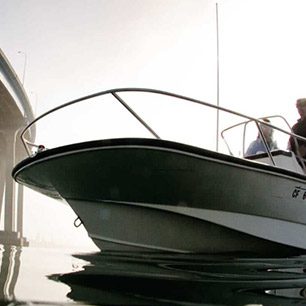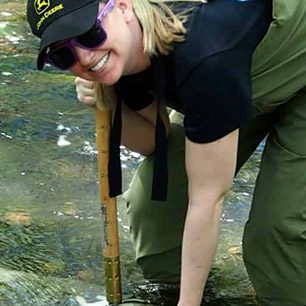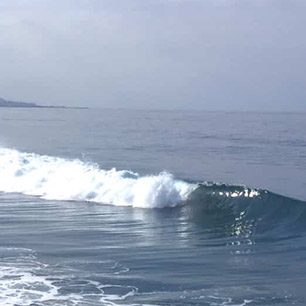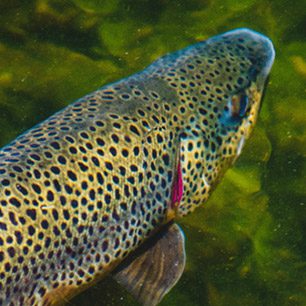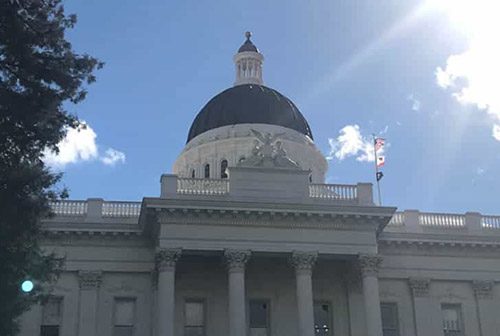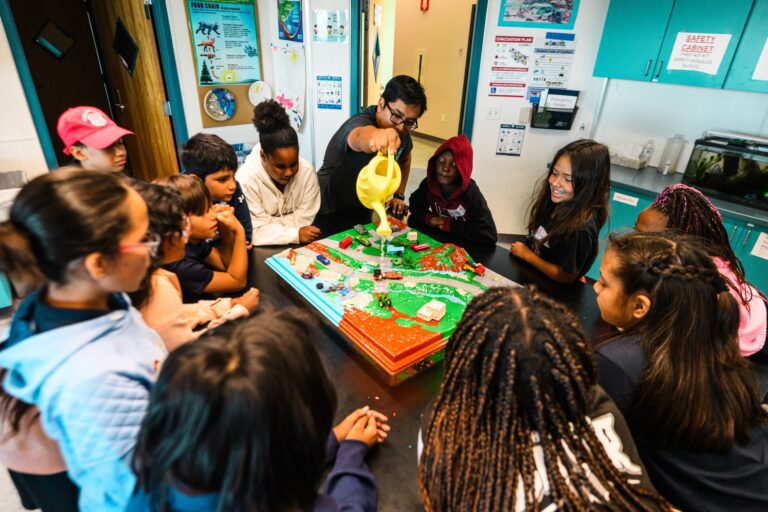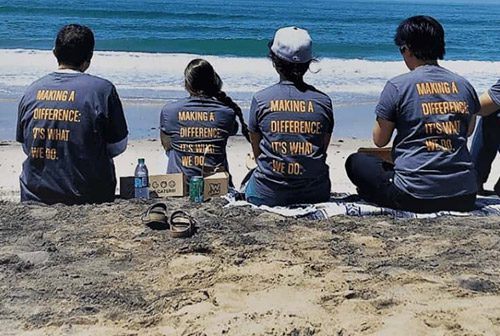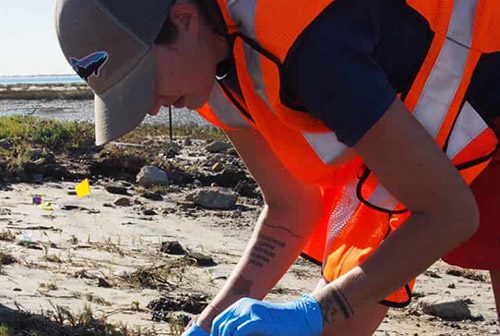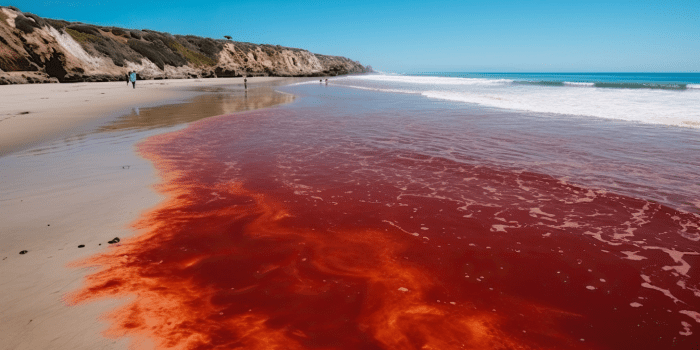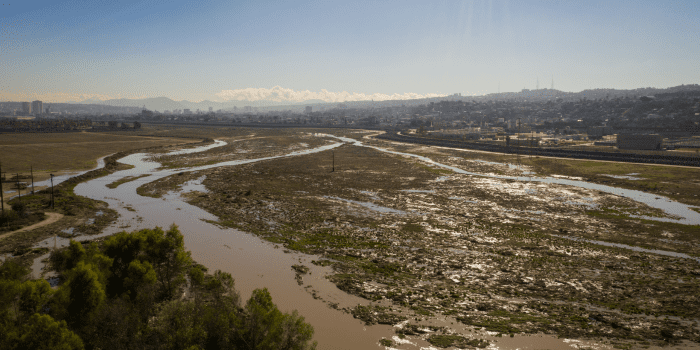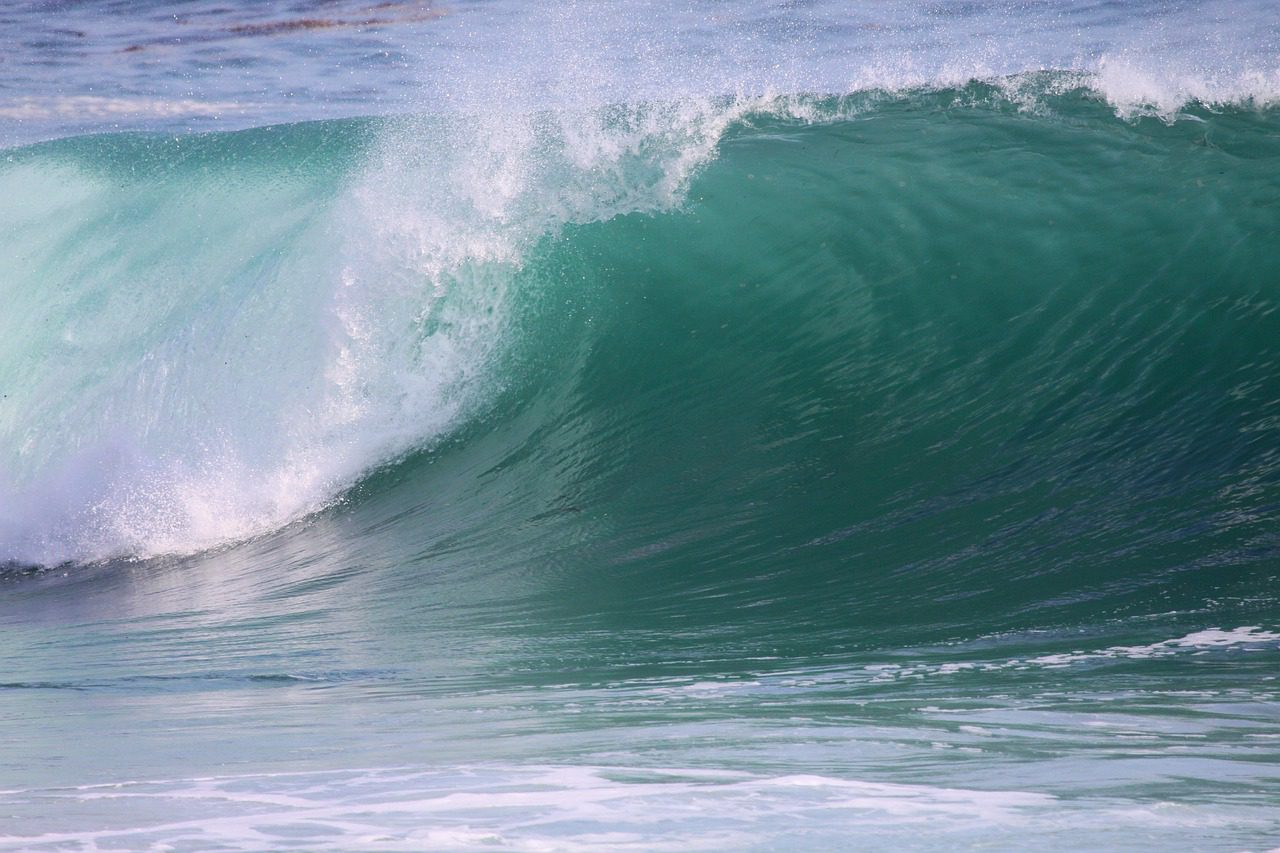San Diego Coastkeeper and the San Diego chapter of the Surfrider Foundation have been working together for years to organize twice-monthly beach cleanups. Plastic foam (expanded polystyrene, known by the trade name Styrofoam™) has been one of the major contributors to marine debris for as long as we have been counting. The problem is getting worse, too. In 2009, volunteers picked up 12,000 plastic foam pieces. In 2010, that number climbed to 25,000, more than doubling in just one year.
Currently, California uses 165,000 TONS of plastic foam food containers annually, none of which are recycled. SB 568 is a bill currently in committee that would ban the use of plastic foam containers to hold prepared food by January 1, 2016. School districts get until July 1, 2017 to comply. The ban applies only to containers for food or beverages that have been “served, packaged, cooked, chopped, sliced, mixed, brewed, frozen, squeezed, or otherwise prepared for consumption” – and excludes only raw meats, which can still be sold in plastic foam containers. There is also an option for a municipality or school district to continue using plastic foam containers so long as at least 60 percent are verifiably recycled.
SB 568 would go a long way toward reducing the amount of plastic foam found on our beaches
and the amount mistaken for food by wildlife. It would also reduce the risk of cancers associated with using containers made with styrene, a carcinogen that leaches into food when it comes into contact with oils, grease, or acids or is heated. When was the last time you had takeout that wasn’t greasy?
So what can you do to help? On a personal, immediate level, try to avoid using or buying products in plastic foam containers. This might mean eating takeout less often. Try to talk to local business owners to convince them to switch away from plastic foam to reusable, more easily recyclable or compostable alternatives. For a more long-term solution, help change policies by letting your representatives know that you support SB 568. Click here to send an editable form letter in support of the bill. You can always contact Coastkeeper if you want to get more involved in our advocacy and outreach efforts about plastic foam.


